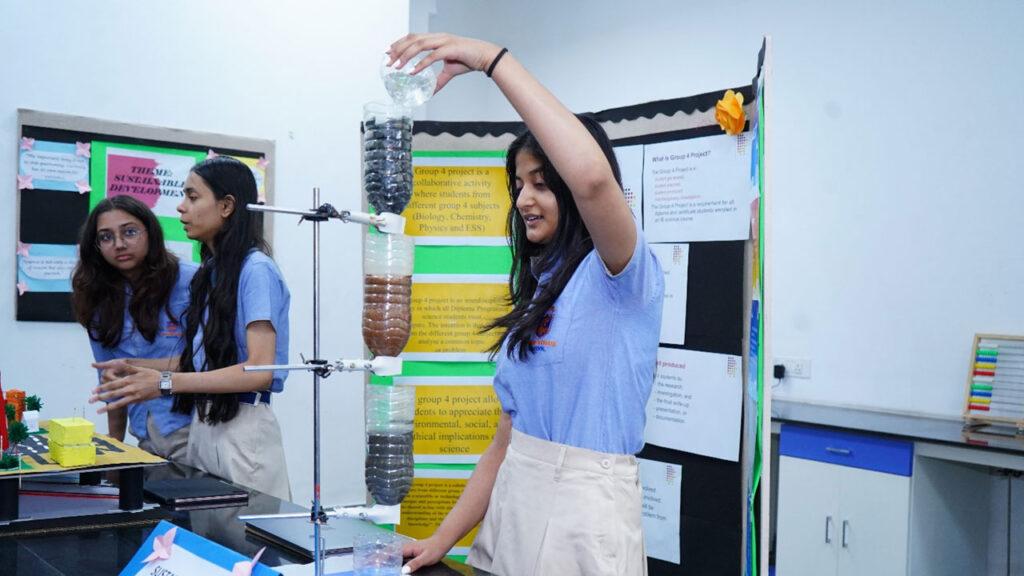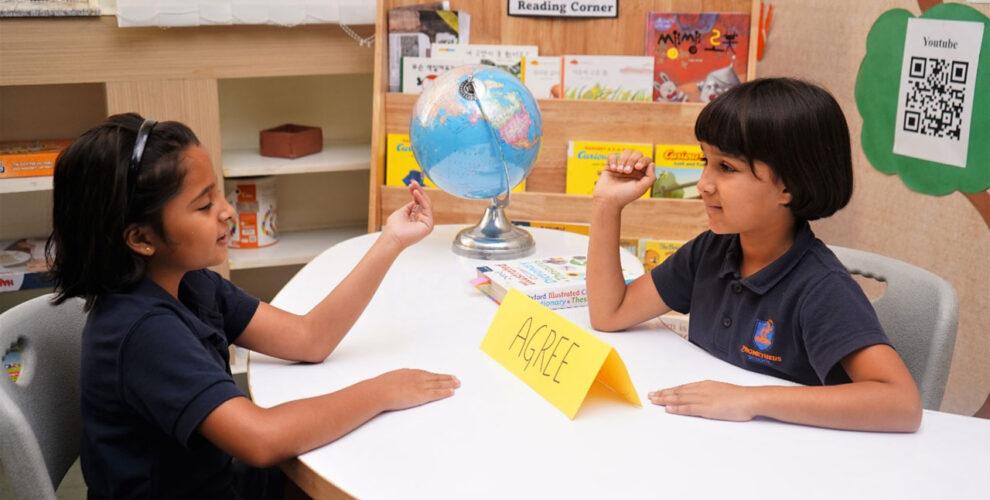In today’s fast-paced world, where educational systems are constantly evolving, it is essential to consider the role of reflective practice in promoting deep learning and personal growth. This holds particularly true for students in international schools, particularly those following the rigorous International Baccalaureate (IB) curriculum. In this blog post, we will explore the significance of reflective practice within the context of IB schools and how it contributes to the holistic development of students.
Understanding Reflective Practice:
Reflective practice involves consciously thinking about and analyzing one’s own experiences, actions, and beliefs to gain deeper insights and enhance personal growth. It encourages students to examine their strengths, weaknesses, and areas for improvement, leading to self-awareness and continuous development.
Deep Learning in the IB Curriculum:
The IB curriculum is renowned for its emphasis on critical thinking, inquiry-based learning, and interdisciplinary approaches. Reflective practice aligns perfectly with these goals by promoting a deep understanding of concepts, encouraging students to connect their learning to real-life situations, and fostering independent thinking and analysis.
Personal Growth through Reflection:
Reflection is a powerful tool that facilitates personal growth and development. By engaging in reflective practice, students can identify their learning preferences, set personal goals, and monitor their progress. It helps them develop a growth mindset, resilience, and adaptability, essential qualities for success in an ever-changing world.

Enhanced Metacognition and Self-Regulation:
Metacognition, the ability to think about one’s own thinking processes, is a crucial aspect of effective learning. Reflective practice enhances metacognitive skills, allowing students to evaluate their strategies, monitor their comprehension, and regulate their learning. These skills become invaluable in higher education and beyond.
Cultivating Global Perspectives:
International schools, including those offering the IB curriculum, attract diverse student populations from various cultural backgrounds. Reflective practice encourages students to explore their own cultural biases, challenge assumptions, and develop empathy and understanding towards others. This fosters a global mindset and prepares students to be responsible global citizens.
Conclusion:
Reflective practice plays a pivotal role in the IB curriculum schools, enabling students in international schools to delve deeper into their learning, nurture personal growth, and develop vital skills for the future. By integrating reflection into everyday educational practices, IB schools empower students to become lifelong learners who can adapt, inquire, and think critically in an increasingly complex world.
Whether you’re a student, parent, or educator in an IB school, embracing reflective practice will undoubtedly enhance the educational experience and contribute to the holistic development of individuals.





